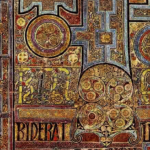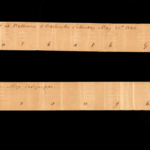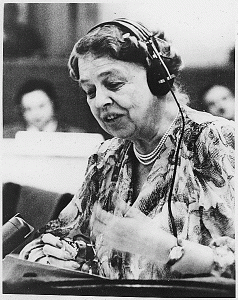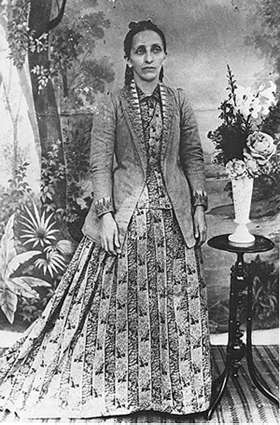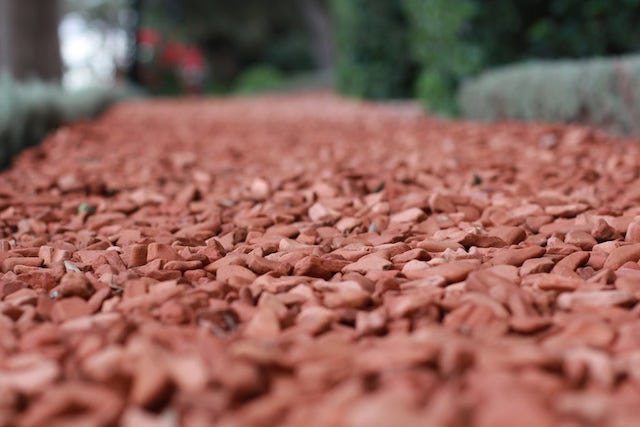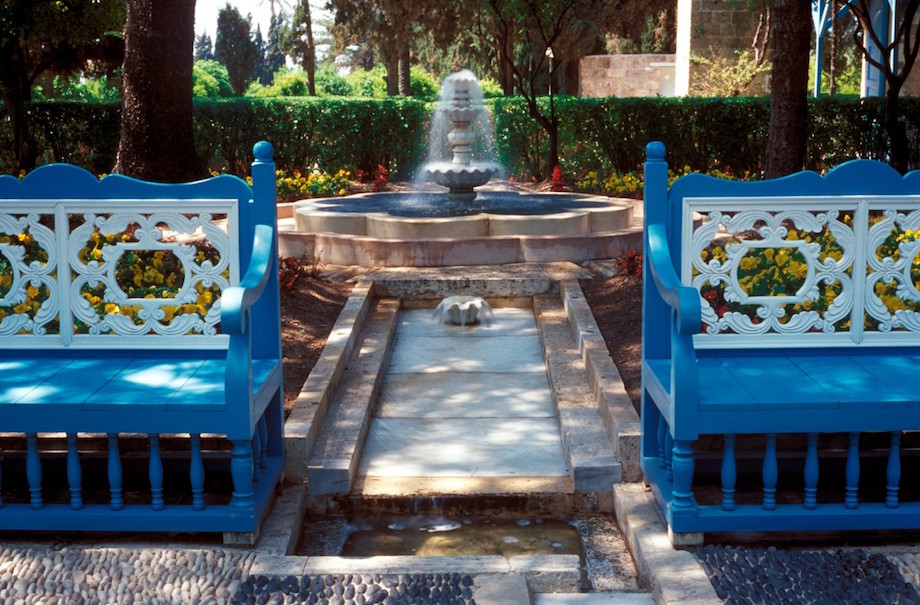
Beyond Congregational Prayer – O God My God My Beloved My Heart’s Desire
 We are so used to the idea that a religious leader stands in front of a congregation delivering a sermon or carrying out religious rituals, that it is difficult to imagine what religion might be without these things. As we have seen previously, Bahá’u’lláh abolishes all forms of clergy in the Baha’i Faith. Among the reforms Bahá’u’lláh introduces is the abolition of all forms of congregational prayer, except in the case of the prayer of the dead. Virtually all religious “ritual” is also abolished.
We are so used to the idea that a religious leader stands in front of a congregation delivering a sermon or carrying out religious rituals, that it is difficult to imagine what religion might be without these things. As we have seen previously, Bahá’u’lláh abolishes all forms of clergy in the Baha’i Faith. Among the reforms Bahá’u’lláh introduces is the abolition of all forms of congregational prayer, except in the case of the prayer of the dead. Virtually all religious “ritual” is also abolished.
What does religious life look like in the absence of such patterns and institutions? The question implies changes in the life of the individual, community and institution. We have already seen that Bahá’u’lláh provides for elected councils – spiritual assemblies to administer Baha’i communities. These provide a practical framework for organising collective activity.
The Baha’i Feast – which occurs once in 19 days – is the regular community gathering which frames Baha’i life. It consists of three parts: a spiritual part where prayers and readings are shared; a consultative part where the community consults on its needs and plans; and a social part where food and friendship are shared. In the absence of clergy – the host (often a Feast is held in a home) is responsible for organising the prayers and readings and apart from the general rule that only writings of Bahá’u’lláh, the Bab and Abdu’l Baha be used, the host is free to design the spiritual portion as they are inspired. Members of the community take it in turn to host a Feast. In the consultative portion the Local Spiritual Assembly shares news and consults with the community. Finally all share together in in refreshments that everyone has brought to share. All contribute to making it a gathering of joy and friendship.
The pattern replaces the passive congregational member with active agents contributing to sharing and enriching their collective devotional and community life. Other spaces such as informal devotional meetings provide additional spaces in which the community enriches its devotional life. Again anyone may host such a space which are quite open in their form and content.
The devotional life of the individual also changes. That devotional life is not focussed on compulsory attendance at religious services organised and conducted by clergy, as neither such compulsory services or such clergy exist. In the age of human maturity, the individual themselves carries out the obligatory devotions of Baha’i life. These are the obligatory prayers that are recited daily by a Baha’i in private. They are not “rituals” in the sense that we might understand religious ritual. The reality of prayer goes far beyond ritual. Abdu’l Baha describes it in ways such as the following.
There is nothing sweeter in the world of existence than prayer. Man must live in a state of prayer. The most blessed condition is the condition of prayer and supplication. Prayer is conversation with God. The greatest attainment or sweetest state is none other than conversation with God. It creates spirituality, creates mindfulness and celestial feelings, begets new attractions of the Kingdom and engenders susceptibilities of the higher intelligence.
The content and motivation of the conversation is also relevant.
In the highest prayer, men pray only for the love of God, not because they fear Him or hell, or hope for bounty or heaven … When a man falls in love with a human being, it is impossible for him to keep from mentioning the name of his beloved. How much more difficult is it to keep from mentioning the Name of God when one has come to love Him.
Such orientation to love of God is not new in religious life. The clearing away of the human accretion of centuries of fixed practice, is. In the following beautiful prayer of the Bab we see love of God given expression. The prayer has been put to music.
O God, My God, my Beloved. O God, My God, my heart’s Desire.
Image Credits: Fountain and benches in the Ridván Garden in ‘Akká (Acre), Israel.
(This article is the 101st in a series of what I hope will be 200 articles in 200 days for the 200th anniversary of the birth of Bahá’u’lláh. The anniversary is being celebrated around the world on 21 and 22 October 2017, The articles are simply my personal reflections on Bahá’u’lláh’s life and work. Any errors or inadequacies in these articles are solely my responsibility.)


